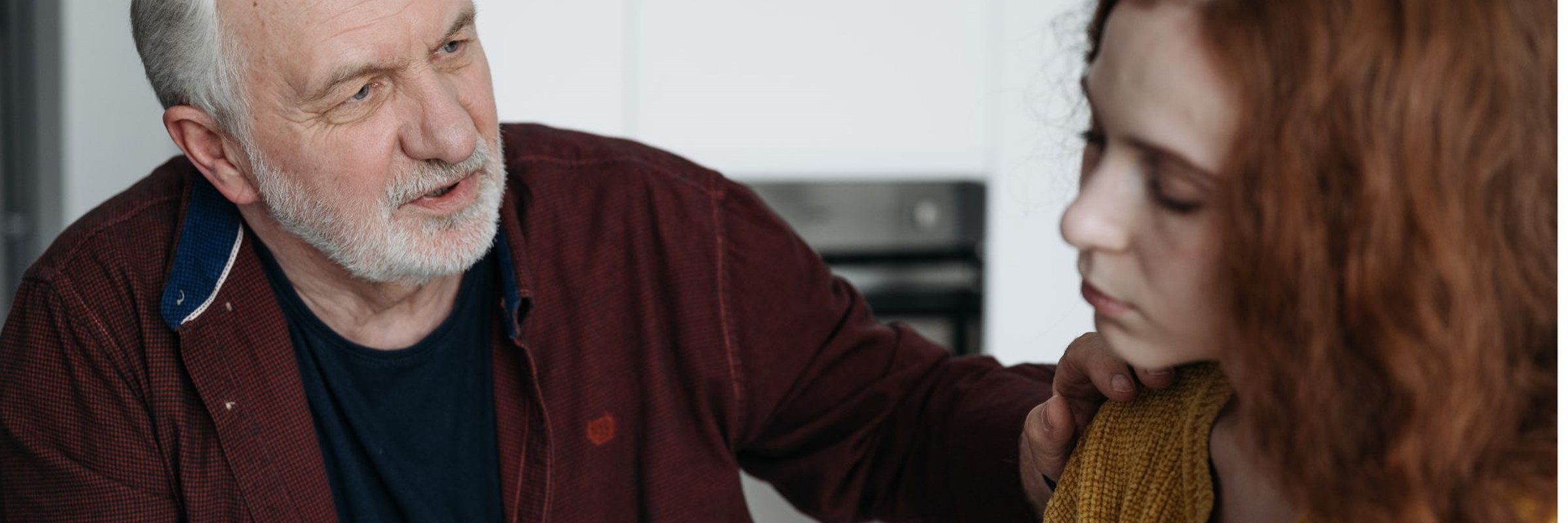
Friends and family guidance
CALL OUR HELPLINE: 0800 876 6155
TEXT RELAY: 18002 0800 876 6155
LEAVE THIS SITE QUICKLY (external website)
You might be visiting this site because you're supporting a friend or family member who has been a victim of crime.
It's possible that you're the first person the victim has approached for help. You may feel helpless, unsure what to do for the best, or powerless to change the situation. But just by being there, you will be helping. Your support will be vital in helping them cope and recover from what has happened to them.
In some circumstances, you may be uncertain as to whether someone definitely needs your help. There are no hard and fast rules, and to some extent you will have to trust your instinct and research the warning signs if you think a loved one is in trouble. Look out for changes in behaviour or appearance, which may indicate something is wrong.
You may even have to ask them to be sure. If you do this, ask them privately and be aware they may not open up to you straight away. Just let them know you are there for them if they need you.
Depending on the crime, some victims try to hide the fact that they have been a victim - for example because they are scared, or embarrassed, worried that they won't be believed, or feel that they somehow are to blame for what has happened.
If someone does open up to you:
- Listen and be there for them
- Try not to judge them or suggest what happened was somehow their fault
- Believe them
- Be patient - everyone is different and there is no 'timetable' for recovery
- Help make sure they look after themselves and get the basics sorted - eating well, sleeping, and regular exercise are important
- Thank them for telling you and trusting you
- Ask if there is anything you can do for them
- Accept that they may not 'just get over it'
- If they need medical support or are thinking about reporting - offer to go with them. Your presence will give them strength
- Encourage them to seek help - even if they don't want to go to the police, there are other agencies that can help
Try to remember that you won't necessarily be able to 'save' someone who is in trouble. While it is incredibly difficult to see a friend or loved one go through a difficult experience, it is still down to that individual to make their own decisions about what to do. But by supporting them, helping them find options, and letting them know that you are there for them, you will be empowering them to make important choices.
If a serious crime has taken place, you are likely to be affected emotionally too. If you feel you need Counselling or Mental Health support, help is available on the NHS talking therapies website.